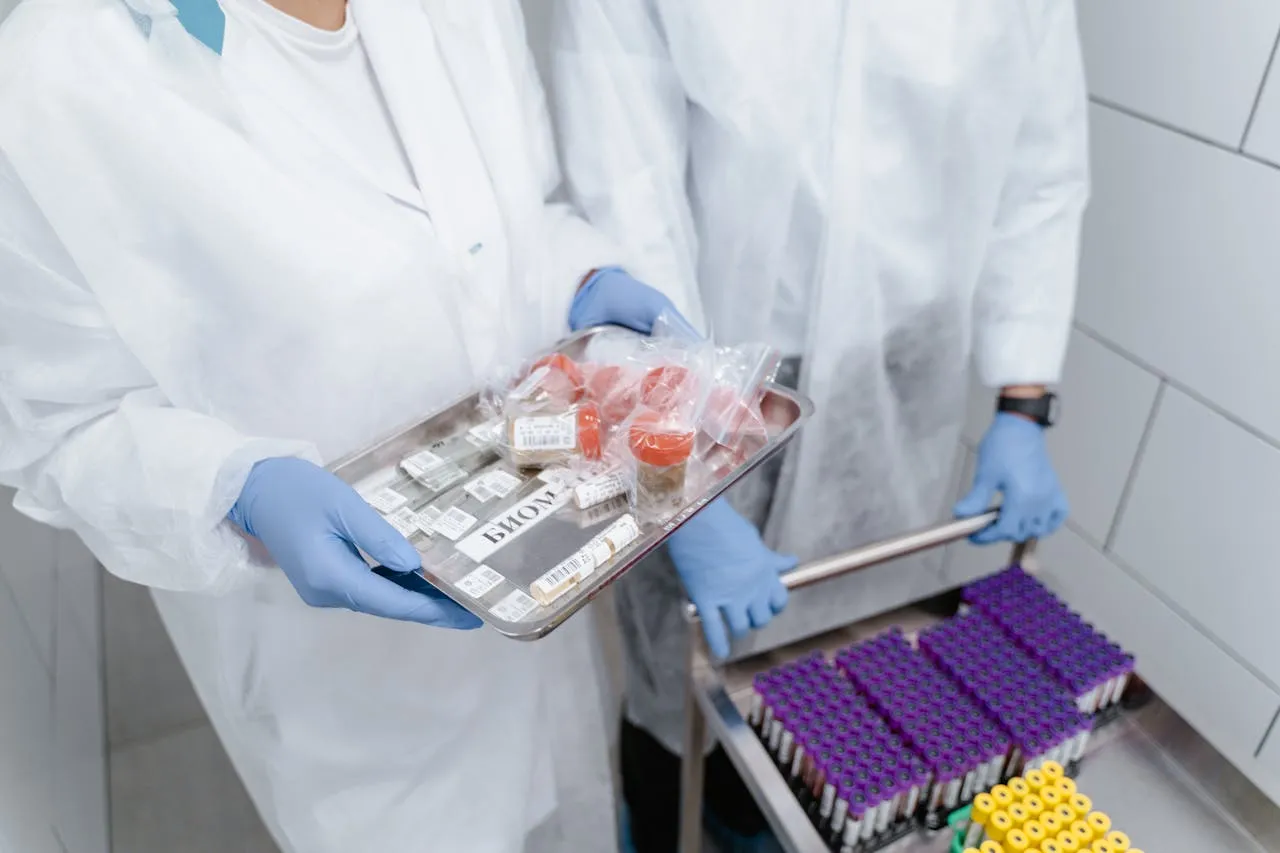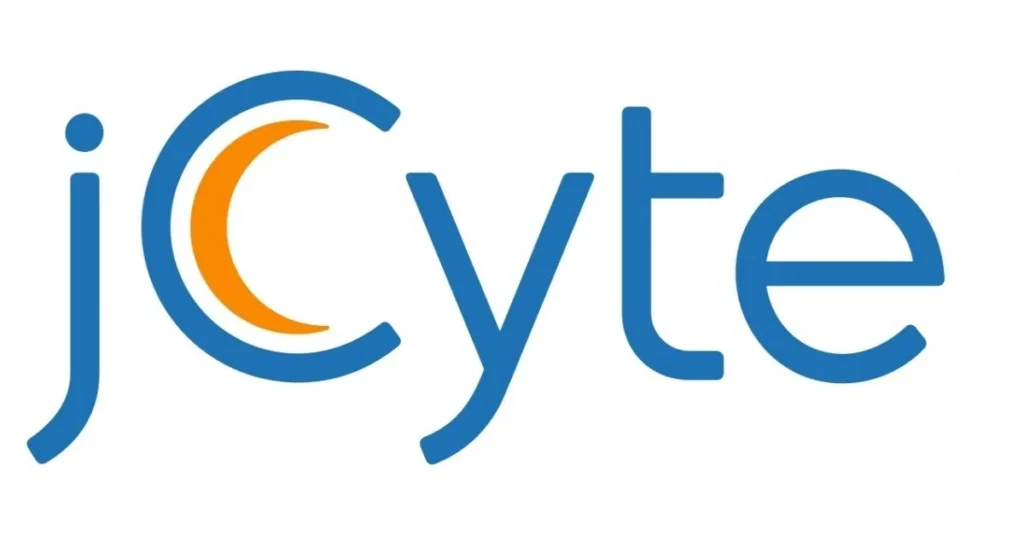
jCyte Marks Major Milestone with First Patients Treated in JC02-88 Clinical Trial Evaluating jCell for Retinitis Pigmentosa
jCyte, Inc., a clinical-stage biotechnology company pioneering cell-based therapies for retinal diseases, announced a pivotal advancement in its development program: the enrollment and treatment of the first patients in the JC02-88 clinical trial. This study will evaluate the safety, tolerability, and efficacy of jCell (famzeretcel), an investigational cell therapy designed to preserve and potentially restore vision in patients suffering from retinitis pigmentosa (RP), one of the leading causes of inherited blindness worldwide.
The JC02-88 trial represents the next stage in jCyte’s long-standing commitment to addressing RP. Unlike prior studies, this new trial introduces a higher therapeutic dose—approximately 50% greater than the highest level previously administered in earlier clinical investigations. By testing this increased dose, researchers aim to maximize the therapeutic benefit while continuing to evaluate safety outcomes.
Retinitis Pigmentosa: A Devastating Genetic Disease
Retinitis pigmentosa is not a single condition but rather a group of inherited retinal dystrophies caused by mutations in more than 100 different genes. These mutations disrupt the function of photoreceptor cells in the retina, leading to progressive vision loss.
The disease typically begins with difficulty seeing at night (nyctalopia), followed by gradual loss of peripheral vision, eventually resulting in tunnel vision. As the condition progresses, most patients lose central vision as well, rendering them legally blind.
Key facts about RP include:
- Global prevalence: An estimated 2 million people worldwide live with RP.
- U.S. burden: Approximately 100,000 Americans are affected.
- Age of onset: Symptoms are usually detected in adolescence or early adulthood.
- Progression: Many patients experience significant vision loss by middle age.
- Genetic variability: More than 100 gene variants can cause RP, complicating the development of targeted treatments.
Currently, treatment options are extremely limited. Some gene therapy approaches, such as Luxturna (for RPE65 mutations), have provided proof-of-concept that genetic correction can preserve vision. However, these treatments are limited to specific gene subtypes, leaving the vast majority of RP patients with no therapeutic alternatives.
It is in this context that jCyte’s jCell program holds profound promise.
jCell: A Universal Approach to Retinal Regeneration
jCell (famzeretcel) is a proprietary allogeneic cell therapy derived from human retinal progenitor cells (hRPCs). These cells have the ability to support the survival of existing photoreceptors and promote functional improvement in vision. Unlike gene therapies restricted to single mutations, jCell is designed to be applicable across all RP genetic subtypes, offering hope to a broad patient population.

The therapy is administered via a minimally invasive intravitreal injection, similar to routine procedures already common in ophthalmology for age-related macular degeneration (AMD) and diabetic retinopathy. Once delivered, the cells are thought to secrete neurotrophic factors that nourish and protect remaining photoreceptors, potentially slowing or reversing disease progression.
Preclinical studies demonstrated that transplanted retinal progenitor cells could integrate into host tissue and provide structural and functional support. Early-phase clinical trials conducted by jCyte have suggested that jCell can be safely administered and may yield meaningful improvements in visual function for some patients.
The JC02-88 trial builds directly on this foundation, advancing the therapy to a higher dose level while continuing to explore its potential impact on patients’ quality of life.
Executive and Scientific Perspectives
John Sholar, Chief Executive Officer of jCyte, emphasized the significance of the trial’s initiation:
“The initiation of patient dosing in this trial marks an important milestone in our mission to bring a breakthrough treatment to the majority of RP patients who currently have limited treatment options. jCell has the potential to help restore vision in patients with RP, regardless of genetic subtype, and we look forward to sharing updates as the study progresses.”
Paul Sieving, MD, PhD, Neil and MJ Kelly Professor of Ophthalmology at UC Davis School of Medicine and immediate past Director of the National Eye Institute at NIH, underscored the potential clinical impact:
This is an exciting development for the RP community, and I am eager to see how this promising therapy advances toward providing a novel cell-therapy treatment for a patient population with vast unmet need.”
Henry Klassen, MD, PhD, Co-Founder and President of jCyte, reflected on the company’s progress:
This marks another critical milestone in our journey to develop a treatment for RP. Our team’s dedication and perseverance have brought us to this point, and we remain committed to delivering a therapy that can make a meaningful difference in patients’ lives.”
About the JC02-88 Trial
The JC02-88 study is a Phase 2, randomized, sham-controlled trial designed to assess the safety, tolerability, and efficacy of jCell in patients with RP. Key features of the trial include:
- Dose: A single injection of 8.8 million cells, representing a 50% increase compared to prior studies.
- Patient population: Up to 60 participants, aged 18–60, with any genetic subtype of RP who meet defined eligibility criteria.
- Design: Patients will be randomized to receive either jCell or a sham injection.
- Primary endpoints: Safety and tolerability.
- Secondary endpoints: Changes in visual function, including visual acuity, visual fields, and patient-reported outcomes over six months.
- Trial site: All patients will be treated at the UC Irvine Gavin Herbert Eye Institute, a leading center for ophthalmic research and care.
Following completion of the JC02-88 trial, an extension study is planned. This will enable long-term monitoring of outcomes and ensure that patients originally randomized to the sham control arm are given the opportunity to receive jCell treatment.
Additional information about trial enrollment can be found at www.jcyte.com/JC02-88-study.
Collaboration and Support
The JC02-88 trial has been made possible through the contributions of several key collaborators and supporters, including:
- The Gavin Herbert Eye Institute (University of California, Irvine): Serving as the exclusive treatment site, bringing deep expertise in retinal research and patient care.
- The UCI GMP Facility: Providing state-of-the-art manufacturing for cell therapy products.
- Lexitas: Offering clinical development support and trial management expertise.
- The California Institute for Regenerative Medicine (CIRM): Funding support that has been instrumental in advancing jCyte’s program from early research to clinical development.
These partnerships underscore the collaborative effort required to move novel regenerative therapies from the laboratory to the clinic.
The Broader Context: Regenerative Medicine for Retinal Diseases
jCyte’s progress reflects a larger trend within ophthalmology and regenerative medicine. While gene therapies, optogenetics, and retinal prosthetics each represent promising approaches, cell-based therapies such as jCell offer a uniquely broad application because they do not rely on targeting specific genetic mutations.
Other groups are exploring retinal pigment epithelium (RPE) transplantation and stem cell-derived photoreceptor replacement. However, jCell is distinct in its allogeneic approach, scalable manufacturing, and minimally invasive delivery method.
If successful, jCyte’s therapy could serve as a template for treating other degenerative eye diseases, potentially extending beyond RP to conditions such as Usher syndrome, Leber congenital amaurosis, and even age-related macular degeneration.
The launch of the JC02-88 trial is a pivotal step toward providing a functional treatment for patients with retinitis pigmentosa. By combining innovative science, strong clinical trial design, and collaboration with leading research institutions, jCyte is positioning itself at the forefront of retinal regenerative medicine.
For patients living with RP—many of whom have faced a lifetime of uncertainty and limited therapeutic options—the progress of jCell represents more than scientific advancement; it represents renewed hope.
As results from the JC02-88 trial emerge in the coming years, the ophthalmology community will be watching closely. If the therapy delivers on its promise, it could redefine the standard of care for RP and lay the foundation for broader applications of cell-based therapies in vision restoration.
About jCyte, Inc.
jCyte, Inc. is a late-stage clinical biotechnology company dedicated to developing transformative therapies for retinal diseases. Founded with the mission of harnessing the potential of cell-based treatments to address the unmet needs of patients with inherited retinal disorders, the company is advancing jCell as its lead program. Headquartered in Newport Beach, California, jCyte collaborates with academic, clinical, and funding partners worldwide to drive innovation in vision restoration.



